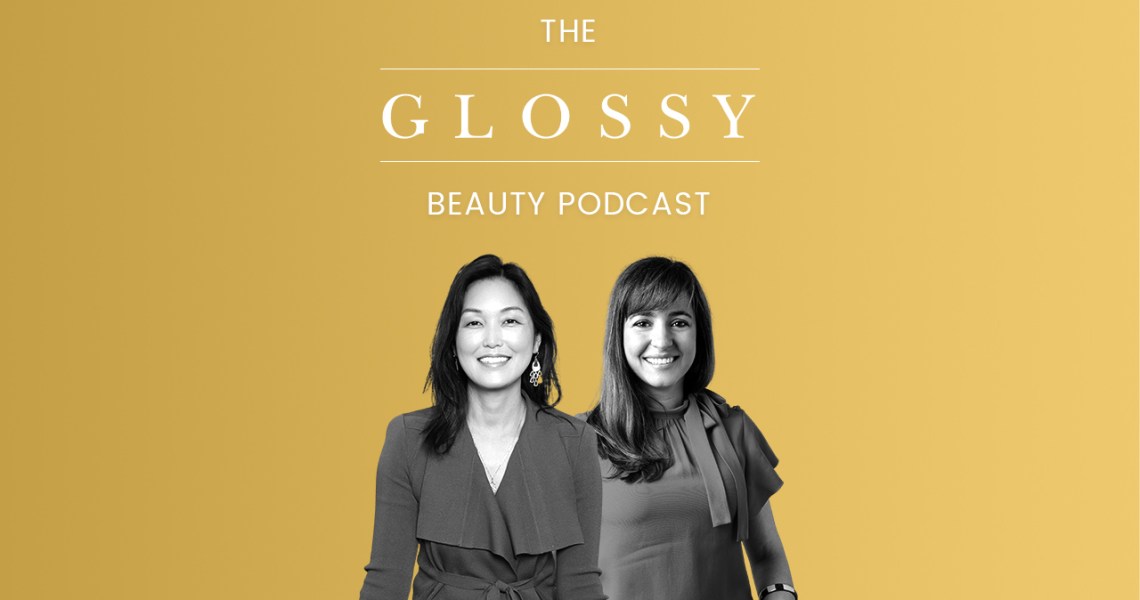Subscribe: Apple Podcasts | Stitcher | Google Play | Spotify
Before joining Sephora, Sol de Janeiro’s premium body products had another retailer stumped. “They said, ‘You know, we don’t know what to do with you guys,’ recalled Heela Yang, one of the company’s three founders and its CEO, on the Glossy Beauty Podcast. The company’s butt cream, foot cream and body hair lightener put them apart from brands in beauty. “And then she said, ‘You know, I think Sephora might be really into you guys.’ And she was right.”
Yang founded the company with Camila Pierotti and Marc Capra in 2015. It partnered with Sephora the following year, going into stores nationwide weeks after its Bum Bum Cream for the derrière and its foot cream performed well on Sephora’s site.
A few years ago, Yang said, it was unclear whether the market for upscale products for the body was even sustainable. “If we had made a decision based on the size of the premium body care category back then, we probably wouldn’t have launched this brand,” she said.
According to Yang, the company started with the idea of sharing Brazil’s inclusive beauty culture before it started a product line. Yang lived in Brazil for a time (as did Capra), and Pierotti is from Rio de Janeiro. “There is something that starts in the beach culture of Rio — that beauty is not any sort of universal standard to achieve, it is a feeling. Feeling comfortable in your own skin and feeling happy in your own skin. Brazilians love taking care of their bodies,” said Pierotti.
In the months since the Covid-19 pandemic went global, Sol de Janeiro has pivoted from in-person promotion of its products and events to a DTC-focused model. Its first fragrance, launched in mid-March just as the world came to a halt, had to be quickly shipped back from Sephora stores to fulfill online orders. But, the company’s digital business is three times what it was last year, Yang said, and now makes up almost half of its total business.
Here are a few highlights from the conversation, which have been lightly edited for clarity.
Ad position: web_incontent_pos1
A Brazilian’s take on the culture worth sharing
Camila Pierotti: “There’s something that starts in the beach culture of Rio [de Janeiro] — that beauty is not any sort of universal standard to achieve, it is a feeling. Feeling comfortable and happy in your own skin. Brazilians love taking care of their bodies, so of course they’re going to show it off. That’s the message we want to get out there. It’s all about having that joy and caring for yourself.”
Launching a whole new category in prestige beauty
Heela Yang: “It’s a wonderful trend that we’re seeing with body. I’m very proud that we have led this trend in the premium beauty space five years ago. If we had made a decision based on the size of the premium body care category back then, we probably wouldn’t have launched this brand because it was almost non-existent. We were really organic and authentic about how we started it. We started it with the brand mission and message, and then we decided which category to go into. When we met with Sephora, there was an instant chemistry and bond about how special the brand is; it wasn’t just ‘body.’ They saw how special and the potential this brand could bring to their business. To retailers, incremental business is always welcome, and we were almost 100% incremental to their business. It was one of those meetings that was supposed to be an hour-long breakfast meeting that turned into a four-hour breakfast that led to lunch, and they sent us a contract the same day.”
Going DTC-first
Heela Yang: “We canceled a bunch of events and pivoted towards connecting with consumers more online — getting samples out through our partnerships. We didn’t reduce our budget, but we really pivoted, and we did it quickly. The result was quite phenomenal, because [the company’s new fragrance] became the No. 2 SKU in sales for Sephora.com at launch, and to this day it’s one of our top 5 SKUs. I feel really blessed, because before Covid, we were already digitally very strong in terms of teams and operations. So when we pivoted quickly, we were able to connect in a strong way. Now our digital business is triple what it was last year. And our DTC business is almost half of our total business. It was always a big part, but now it’s almost half. We continue to look at our sales every week and are marveling at how consumers are pouring their love for our brand.”




